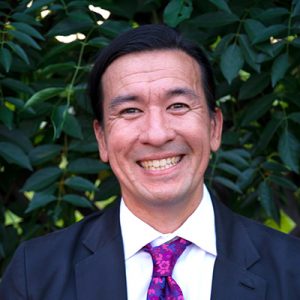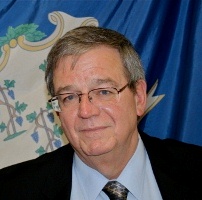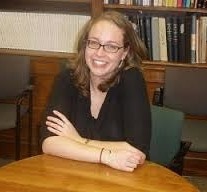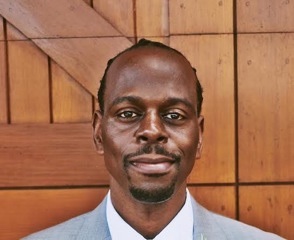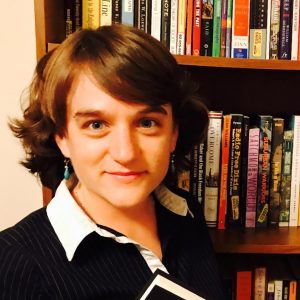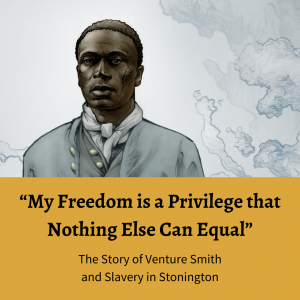The July 8, 2022 tragic assassination of former Japanese prime minister Shinzo Abe sent shockwaves throughout the world. UConn History Professor Alexis Dudden reflected on the life and legacy of Shinzo Abe, whose tenure in office transformed the role of East Asia in international politics. In one of the first interviews about the impact of Shinzo Abe, Prof. Dudden reveals to journalist Isaac Chotiner that:
“It is the irony overlaying his career because, at its fundamental core, making Japan “beautiful” is quite anti-American. And yet, on the surface, he’s seen as the person who tried so hard to make Japan’s alliance promises to the United States stronger. But these are solely in security terms, and have led to greater insecurity in the region. The standoff with Korea, the increasingly frozen ties with China are a result of Abe’s determination to make Japan great again. And it therefore really comes down to: What is the meaning of “great” for Abe, and for the legacy of Abe? Because, again, most Japanese have come to have a different understanding.”
Below are several articles in which Prof. Dudden has continued to explain the influence of Shinzo Abe on history and diplomacy:
- How Shinzo Abe Sought to Rewrite Japanese History | The New Yorker
- Four ways to see Shinzo Abe’s legacy | The Washington Post
- Making Sense of Shinzo Abe | The New York Times
UConn Today has also highlighted the contributions that Prof. Dudden has made to news coverage on Shinzo Abe. For more on Shinzo Abe, Japanese politics, and national identity, please browse the work of Prof. Dudden throughout these news outlets.

